One question we often get asked is what kind of fats should I eat?
Fats are essential for the human body, a key component of cell membranes, they are required for the absorption of of fat soluble vitamins, involved in the production of hormones, brain function, insulation. cell protection, etc.
Fats also help protect our skin and play a role in immune response as well as being a concentrated energy source.
Not all fats are beneficial though- some can have detrimental effects on health.
Those detrimental ones are industrial seed oils, you might recognise them as vegetable oil, canola oil, corn oil, cottonseed oil, grape-seed oil, peanut oil, rice bran oil, safflower oil, soybean oil and sunflower oil.
These oils are ultra-processed and are often harvested/refined using solvents, bleaching agents and high heats.
They first came into production in the early 1900’s when no true health regulations existed, over the last 100 years of research, we know now that these oils demonstrate toxic health effects.
The problem is complex, the fats in these oils are not only oxidised and structurally damaged at a molecular level, they are also high in one particular fat, omega-6 polyunsaturated fatty acid (or PUFA) called linoleic acid.
In small amounts this fat, like when we eat the whole foods, corn, peanuts and sunflower seeds, its beneficial, and in balance, but in excess Omega-6 fatty acids, particularly arachidonic acid, can be converted into compounds that promote inflammation in the body and increase the risk of chronic diseases like obesity, heart disease, arthritis and type 2 diabetes to name a few.
The average Australian consumes around 5-10 tablespoons of vegetable oil per day without even knowing it – they are used in most ultra processed foods, and also are used in homes for cooking, in spreads.
So what is the answer…
Monounsaturated Fats
Olive oil, particularly Extra Virgin Cold Pressed Olive Oil, is rich in monounsaturated fats, namely, oleic acid, which helps lower LDL (bad) cholesterol while maintaining or even increasing HDL (good) cholesterol.
Its rich in polyphenols like oleocanthal, which have potent anti-inflammatory effects similar to ibuprofen
The fats and antioxidants in olive oil can also help protect the brain from cognitive decline and oxidative stress
One of the antioxidants in Olive oil, hydroxytyrosol, can help protect cells from oxidative damage. It’s incredible for gut health and can serve as a prebiotic, its also surprisingly great for weight loss, improving fat burning, improves insulin sensitivity and helps to regulate blood sugar levels. It improves bone density by increasing calcium absorption and bone mineralisation.
Avocados: Packed with monounsaturated fats, avocados also offer fibre, vitamins, and minerals, supporting heart health and reducing cholesterol levels.
The oil of the avocado can also be used for cooking and can tolerate high heat
Nuts (e.g., almonds, cashews, peanuts): In their wholefood form they are high in healthy fats, protein, and fibre, making them great for heart health and weight management.
Seeds (e.g., sesame, pumpkin, sunflower):in their wholefood form seeds are rich in monounsaturated fats, along with vitamins, minerals, and antioxidants.
Polyunsaturated Fats
Fatty Fish (e.g., salmon, mackerel, sardines): These are among the best sources of omega-3 fatty acids, which support heart health, reduce inflammation, and are crucial for brain function.
Chia Seeds: High in omega-3 fatty acids, chia seeds also provide fibre, protein, and other nutrients.
Flaxseeds: Another excellent source of omega-3s, flaxseeds support heart health and have anti-inflammatory properties. Best to grind these up just before eating as they fats in flaxseeds are unstable and will become rancid easily.
Walnuts: Rich in omega-3s, walnuts also offer protein, fibre, and various vitamins and minerals.
Omega-3 Fatty Acids
Hemp oil/ Seeds: Contains a good balance of omega-3 and omega-6 fatty acids, promoting heart health and reducing inflammation.
Saturated Fats (in Moderation)
Coconut Oil: While it is higher in saturated fats, coconut oil contains medium-chain triglycerides (MCTs), which may boost metabolism and provide quick energy. Use in moderation.
Grass-fed Butter or Ghee: When consumed in moderation, these sources of saturated fats can offer vitamins like A, D, and K2, which are important for bone and heart health.
Key Takeaways
- Reducing seed and vegetable oils in your diet is going to be one of the best things you can do for your health.
- Check packets of processed foods before you purchase them, if they contain the ambiguous ‘vegetable oil’ or seed oils see if there are other options.
- Cook the majority of your own food, so that you control the fats in your body.




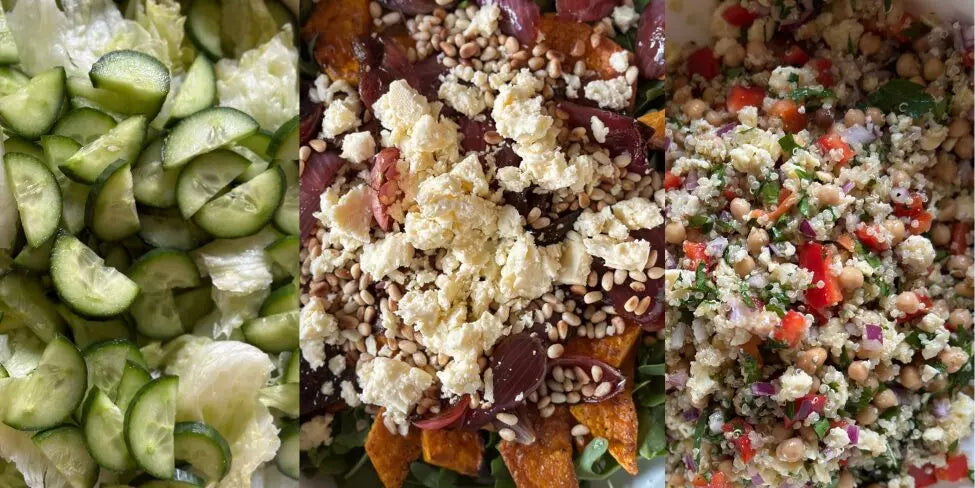
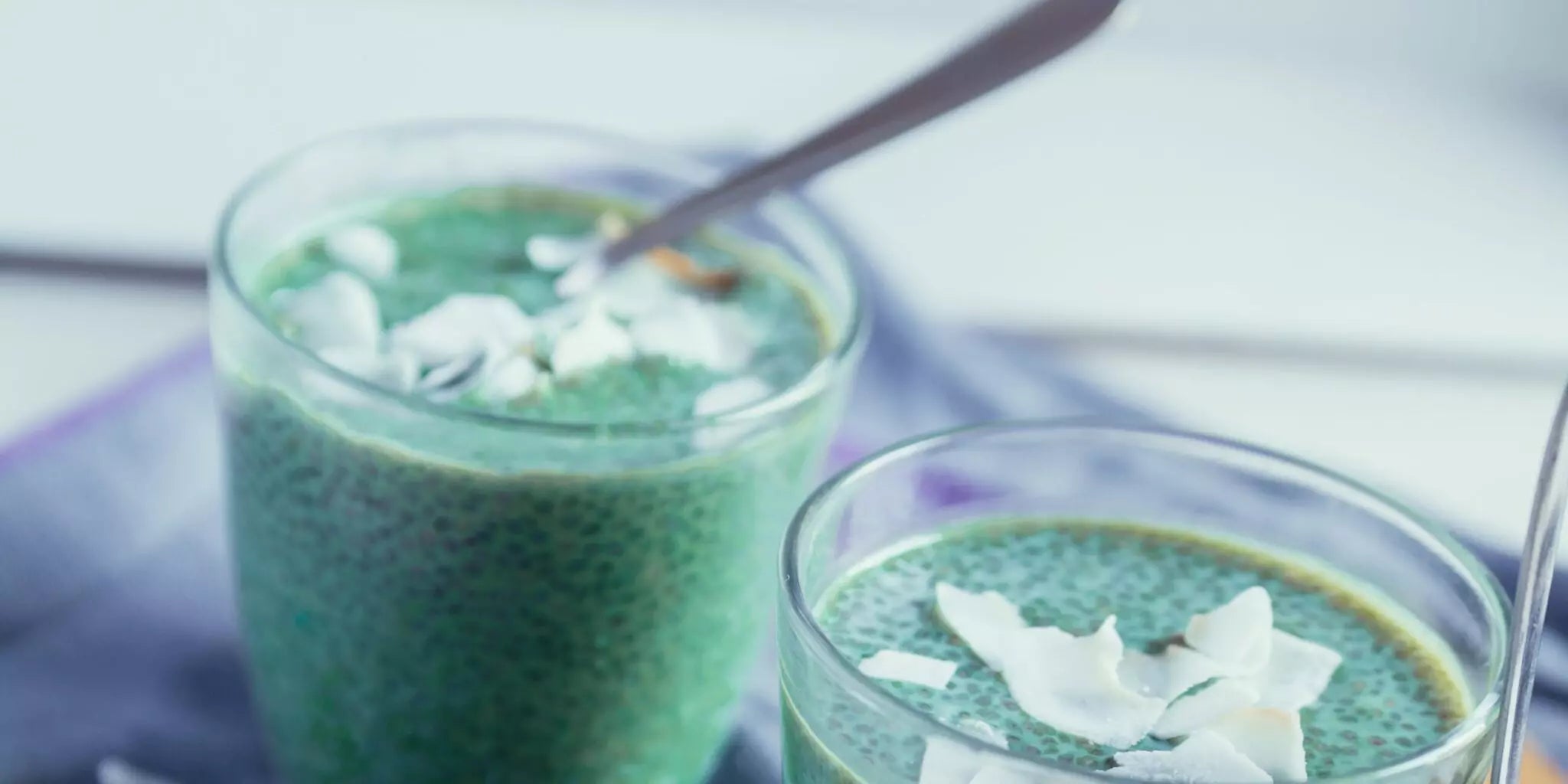
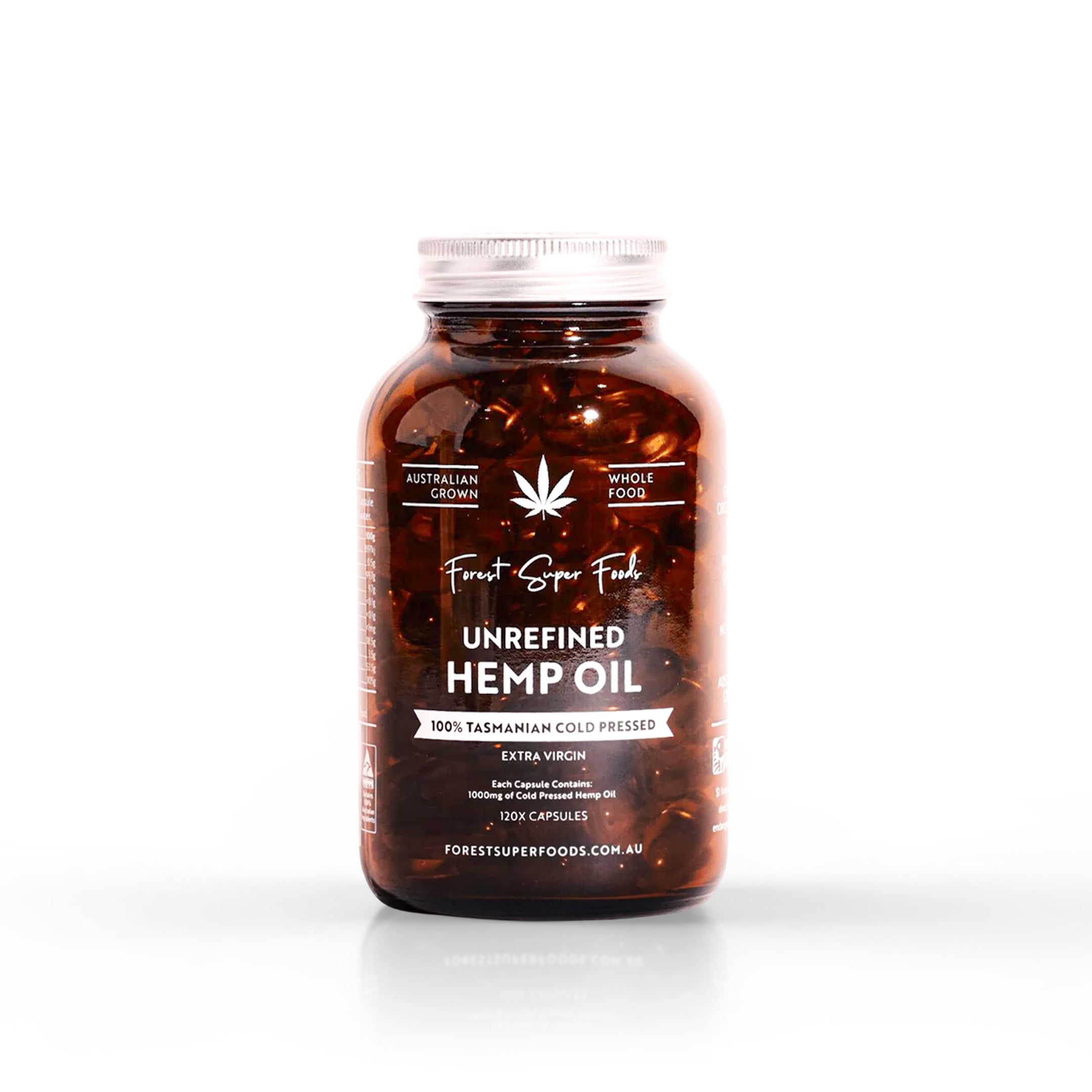
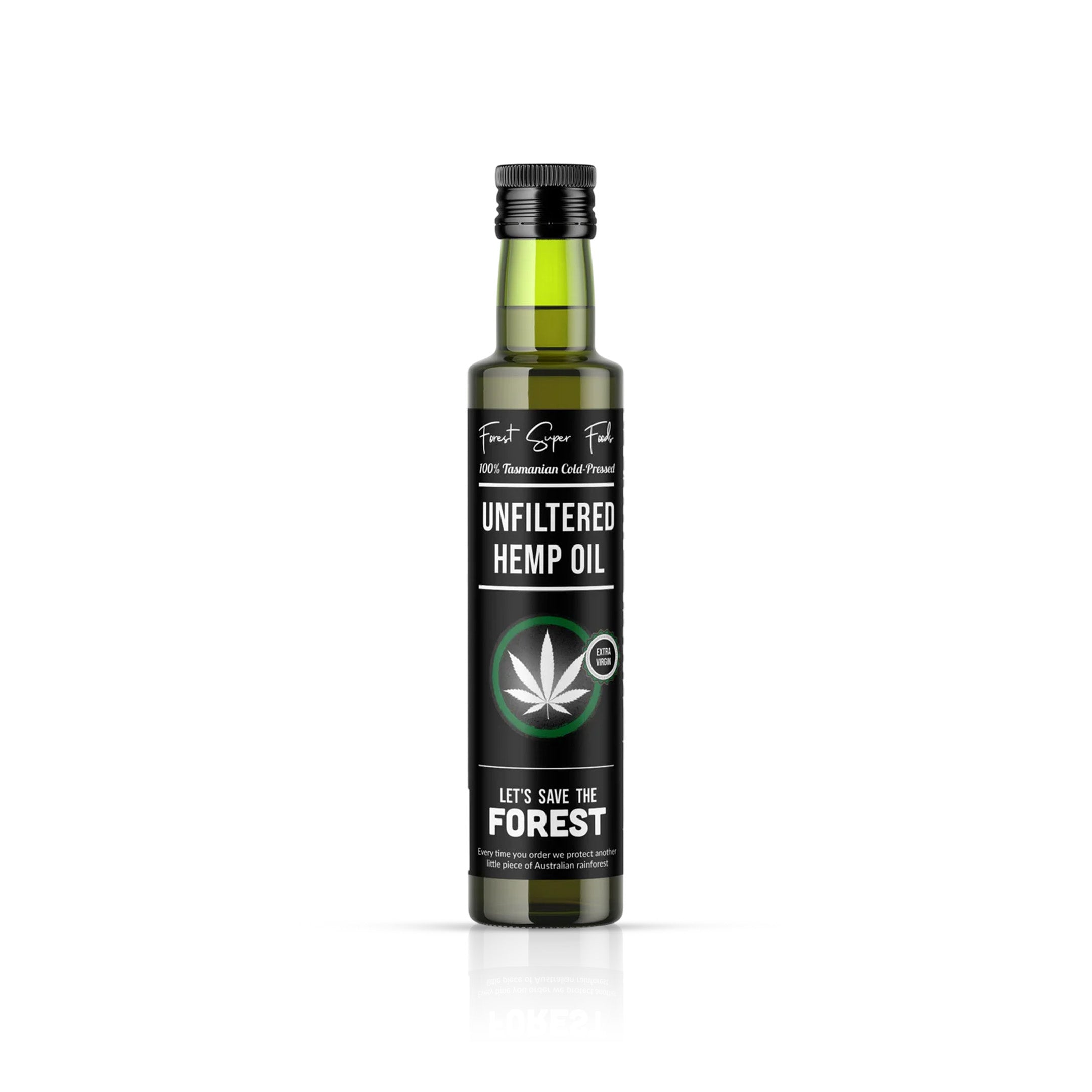
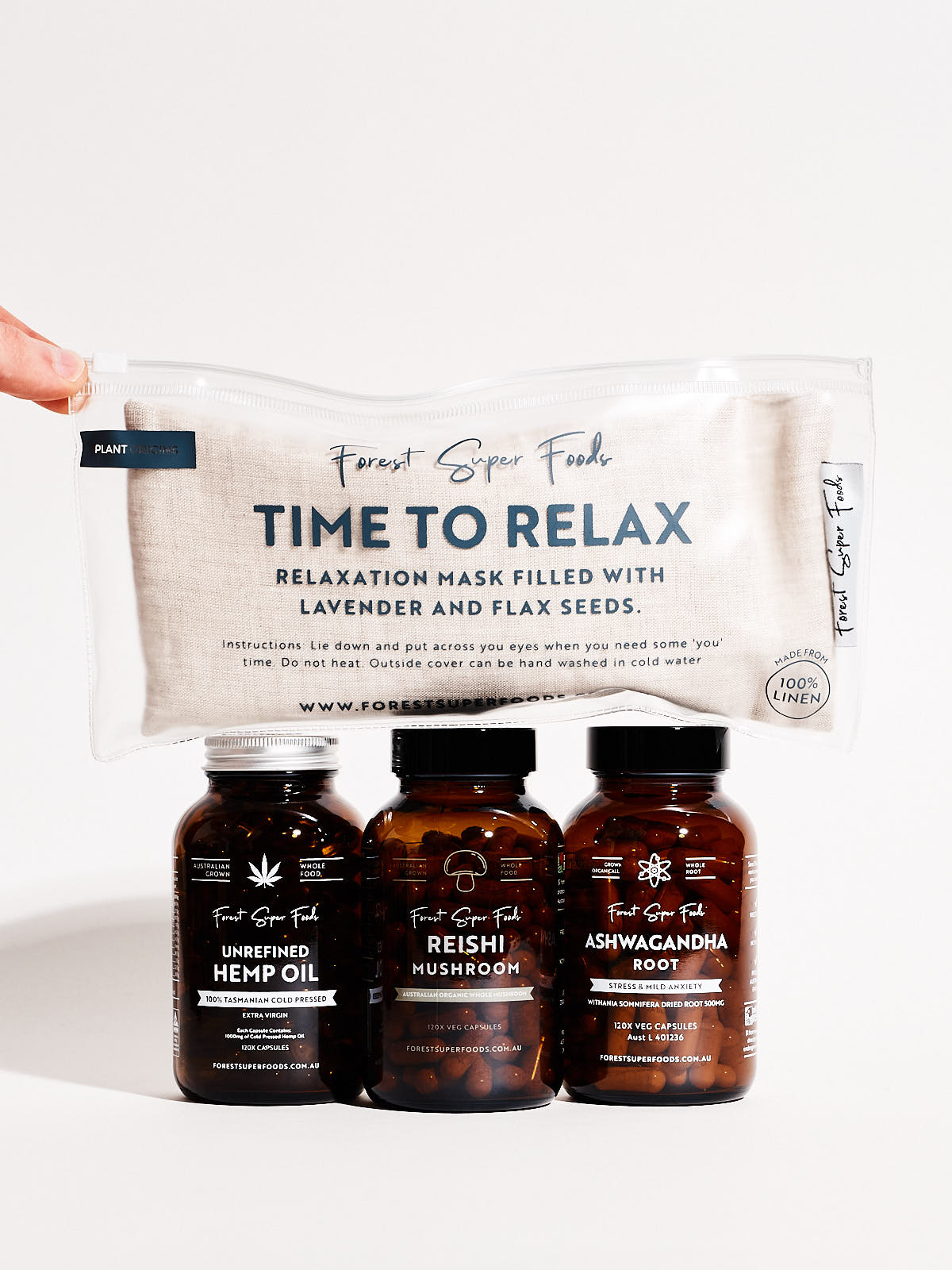
Leave a comment
All comments are moderated before being published.
This site is protected by hCaptcha and the hCaptcha Privacy Policy and Terms of Service apply.